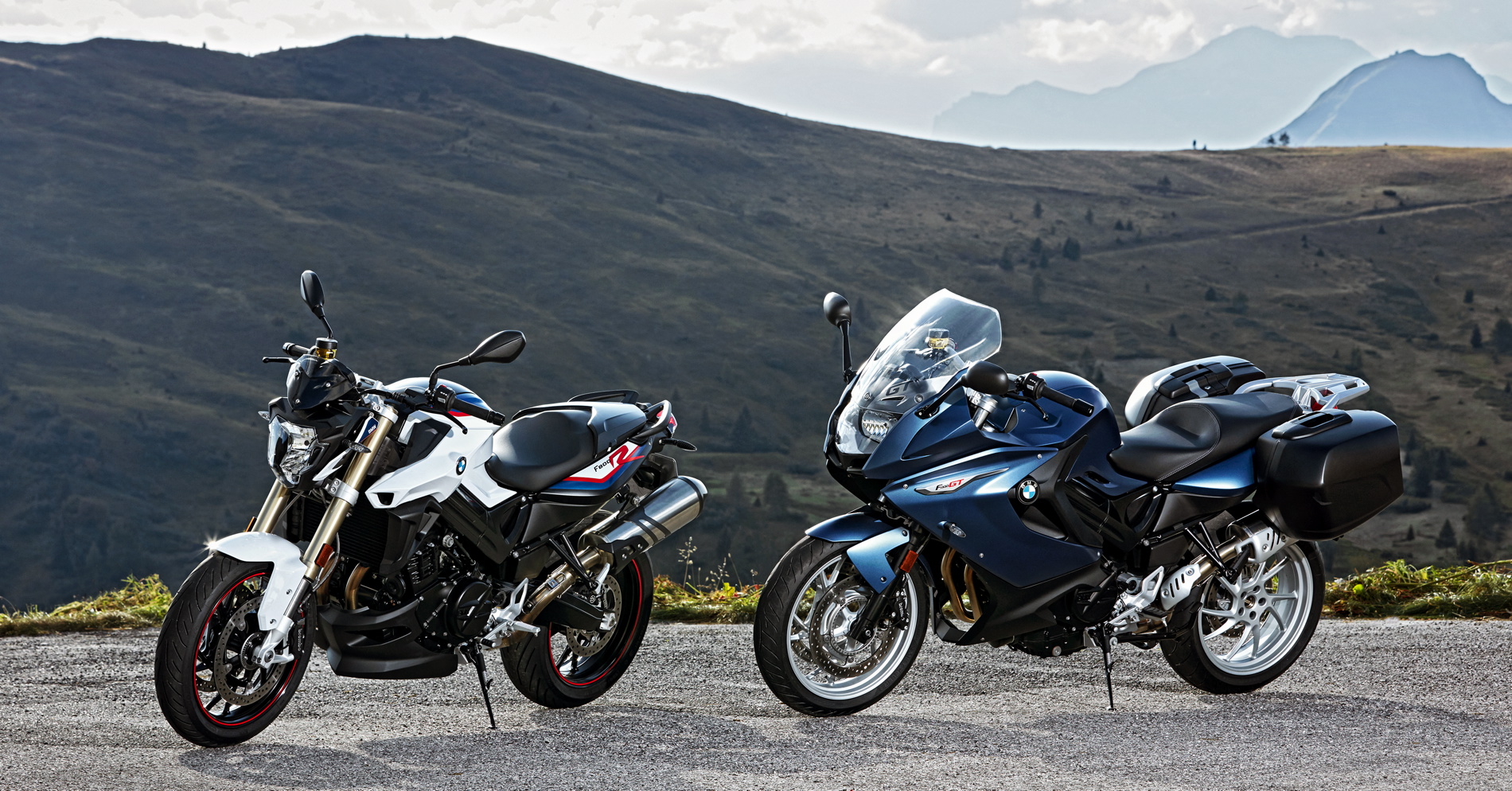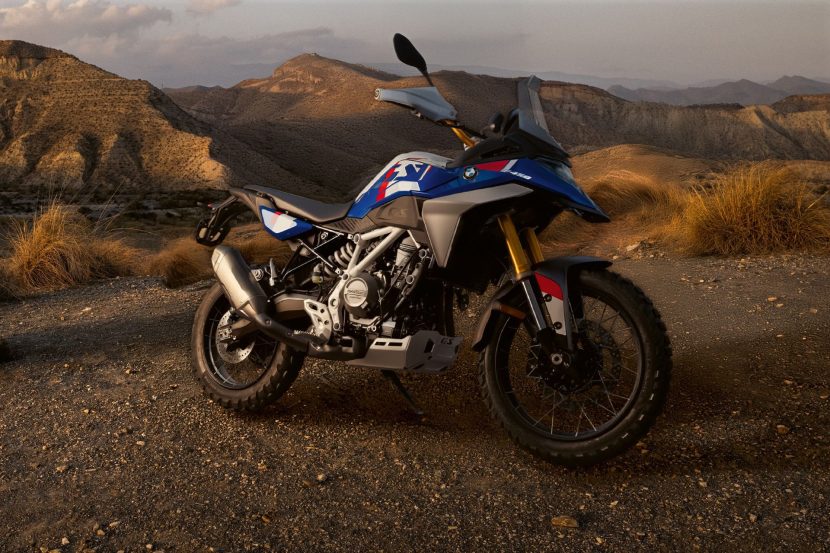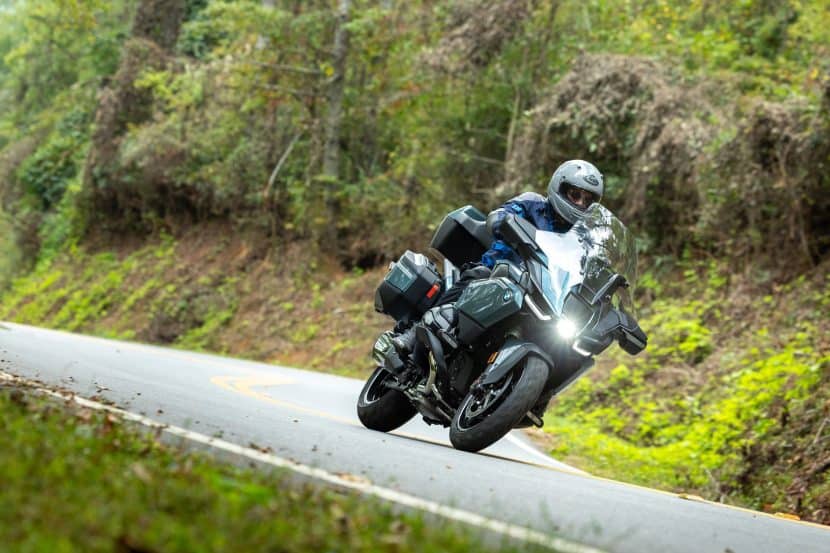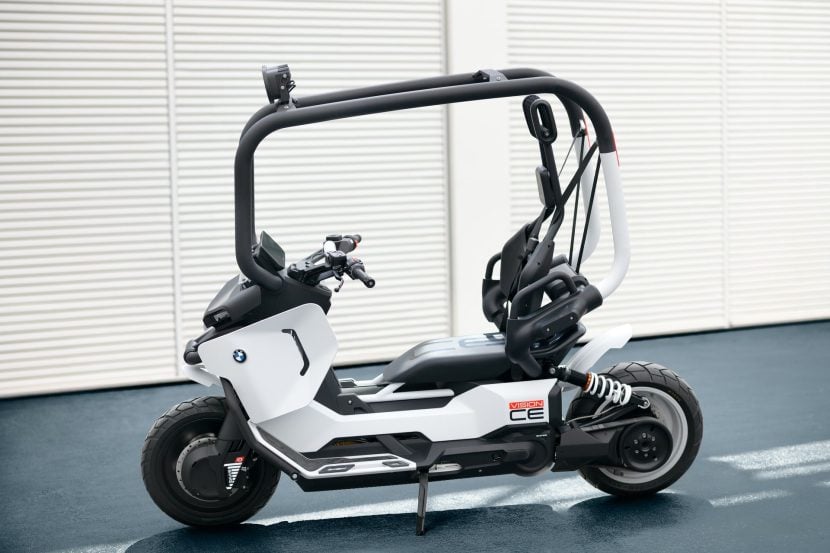The BMW F 800 GT was just updated last year and only began its lifecycle in 2013. However, it was very similar to the motorcycle which preceded it, the F 800 ST, which had itself been in production since 2006. More than ten years later, and the F 800 GT remains as little more than a mere evolution of the ST. Now, as the premium middleweight sport tourer segment is growing increasingly competitive, can the dinosaur defend itself against its new adversaries?
One entrant to the segment which is particularly threatening to the F 800 GT is the all new Ducati Supersport. Though the name has historical significance for Ducati, the bike isn’t a ‘super-sport’ at all, a designation typically reserved for the most aggressive sport bikes. Instead, the new Italian machine is aimed at being an accessible, as in easily operated, road-going motorcycle, ideal for and importantly comfortable for everyday use. Though I haven’t yet had the opportunity to road test the new Ducati Supersport range for our sister site QuattroDaily, initial reviews have been very positive. Emphasis on very.
Historically, middleweights of this ilk aren’t among the best-sellers in the market, yet when done right, they provide a wonderful balance of power, nimble agility, easy of use and of course versatility. Encompassing enough power to deliver serious performance, whilst also being forgiving. Lower weight, maximizing handling capability, confidence inspiring by design. Comfortable enough to be conducive to use for long rides, and aggressive enough to cope with hard back road riding, or even the occasional track day. Clearly, a difficult balance to achieve. When a manufacturer fails to do so, the result is often a bike defined by compromise, which fails to excel in any one way.
Though the F 800 GT hasn’t changed drastically, it has slowly become less and less sporty. It’s gotten heavier, a bit longer, though is has received a small power boost. During the lifecycle of its predecessor, BMW Motorrad also produced an F 800 S, which offered a more aggressive setup but was sadly very short lived. In all, it’s as if BMW has somewhat forgotten about the model and opted to make only subtle changes every few years. One thing is for sure, as competition dictates, this strategy won’t be successful moving forward.
Looking forward, I am hopeful that the F 800 GT’s successor will break from the evolutionary path and that BMW will take a more revolutionary approach. BMW Motorrad has certainly demonstrated its capacity to do so with other models in its range over the past few years, so I have no reason to be anything other than optimistic. Let’s just hope that we don’t have to wait too long for it.
Visit the Author on Instagram @MikeAndHisBikes


















































